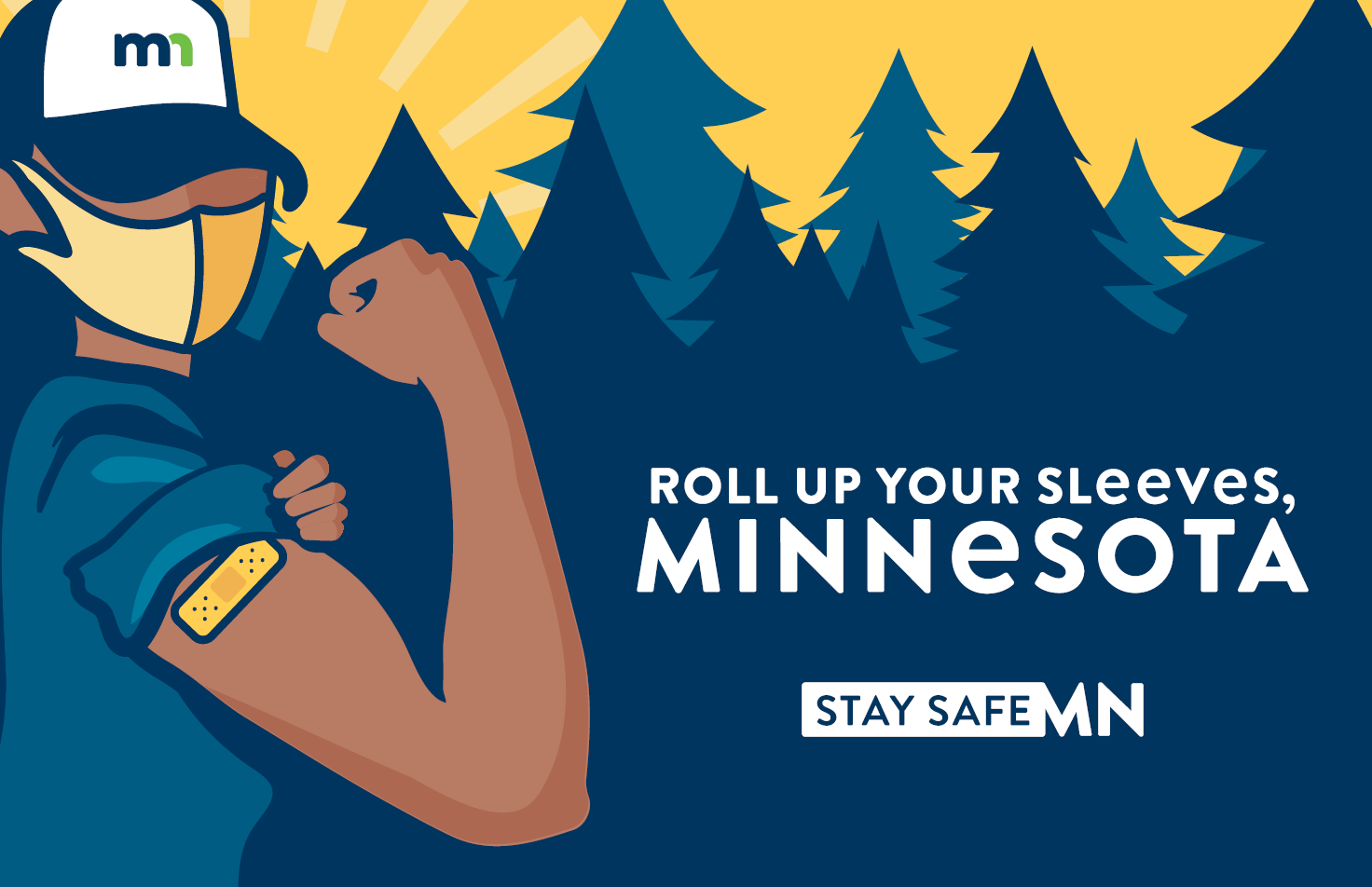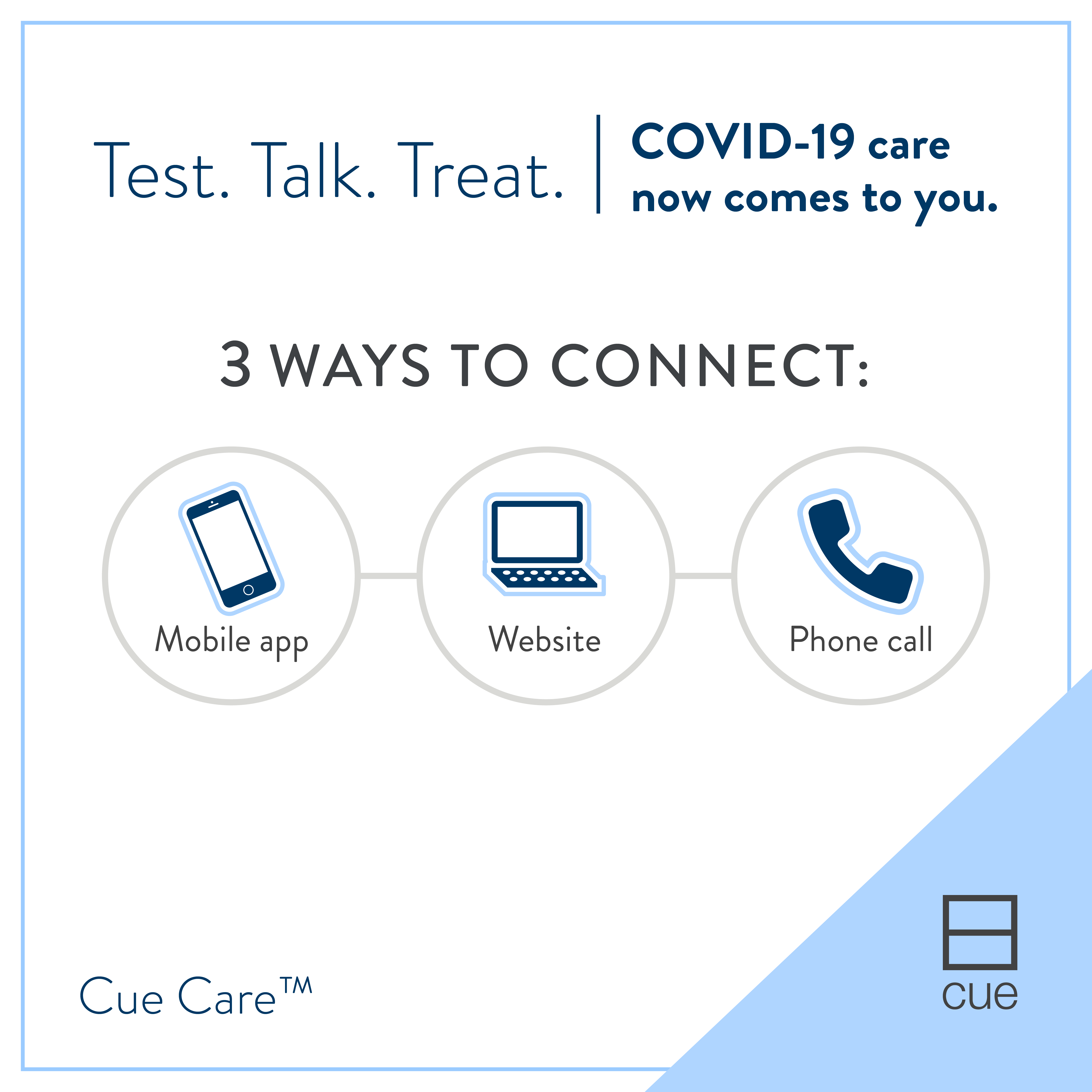Stories: COVID-19
- Stories Home
- New Model of Community Partnership
- Guidance for Hmong Funerals
- Community Outreach for Testing
- Community Testing Partnership
- LGBTQ Community Liaisons
- Tradition and Breastfeeding
- People with Disabilities
- Art and the American Indian Community
- Black Nurses Rock
- Native American Community Clinic
- COVID-19 Testing in Watonwan County
- Community Engagement and Art
- Latinx Community Liaison Team
- Nobles County Research Study
- Public Housing Vaccine Collaboration
- Phyllis Wheatly Community Center
- Community Care Clinics of Minnesota–Odam Medical
- Refugee Resettlement Agencies
- Reaching out to Greater Minnesota
- Community at the Heart of COVID-19 Response
- SEWA-AIFW (Asian Indian Family Wellness)
- Partnering with Faith Communities
- Faith Community Nurse Network
- Celebrating Ramadan Safely
- The Road to Equity
- Celebrating Pride during COVID-19
- Masking Up with the Disability Community
- Mirror Image: The value of lived experience
- Olympic Achievement
- Project Resonance
- The Power of Community Health Care Providers
- Embedding Cultural Communications
- Kick COVID
- Co-creating Messaging
- Connecting Communities through Trusted Messengers
- Partnership in Serving People with Disabilities
- Leveraging the Strength of Community
COVID-19
- COVID-19 Home
- Situation Update
- About COVID-19
- Testing
- Vaccine
- Protect Yourself & Others
- Medications
- Materials & Resources
- Stories of Community Outreach & Partnership
Related Topics
Contact Info
COVID-19 Stories
Co-creating Messaging for Culturally Rooted Outreach
As the first South African black president Nelson Mandela once said: "If you talk to a man in a language he understands… and in his language, that [message] goes to his heart." Few things impact a community as powerfully as receiving a message in a language and format its members can understand, relate to, and remember. Communicating in ways that are respectful and culturally appropriate for different ethnic communities addresses myths and misconceptions around health issues.
 Recognizing the importance of sharing accurate information during the COVID-19 pandemic, the Minnesota Department of Health (MDH) partnered with dozens of local diverse media and culturally rooted organizations - including Bhutanese Community Organization Minnesota (BCOM) and Somali TV of Minnesota - to translate, package, and disseminate culturally and linguistically relevant and appropriate COVID-19 messaging for their communities.
Recognizing the importance of sharing accurate information during the COVID-19 pandemic, the Minnesota Department of Health (MDH) partnered with dozens of local diverse media and culturally rooted organizations - including Bhutanese Community Organization Minnesota (BCOM) and Somali TV of Minnesota - to translate, package, and disseminate culturally and linguistically relevant and appropriate COVID-19 messaging for their communities.
Partnering with local cultural messengers
At the beginning of the COVID-19 pandemic, there was high vaccine hesitancy throughout Minnesota, including the Somali and Bhutanese communities. Community perspectives showed the need to share more public health information to address knowledge gaps around the virus, as well as the vaccine. Underlying myths, misconceptions, and anxieties surrounding COVID-19 information called for more health messaging in native languages.
"Language barriers kept our community members from understanding and responding to precautions to keep safe in a timely manner," said Puspa Bhandari, a BCOM Program Manager.
With support from MDH, Somali TV and BCOM successfully translated, packaged, and disseminated health information messages in their ethnic languages (Somali and Nepalese, respectively). Followed by more than 300,000 Somalis in Minnesota, the Somali multimedia broadcasting organization promotes live video streaming of information, including health messaging in Somali. BCOM, meanwhile, is a nonprofit organization that works with Bhutanese refugee families to promote community access to basic needs and assists families in navigating social systems.
With partners like Somali TV and BCOM, MDH’s cultural communications work became central to the department’s COVID-19 response. By translating and co-creating messages alongside affected populations, the department has successfully expanded its public health efforts and kept community members healthy.
Bridging the information gap in Bhutanese community
"In interpreting and translating COVID-19 related information, we helped the community navigate the health, transport, and other social systems to cope with the crisis," said Puspa.
Partnering with local business and community leaders, BCOM mobilized community members for vaccination events and raised awareness about COVID-19 health information and related services. Families were assisted in scheduling appointments for COVID-19 testing and vaccination at locations most convenient for them. Families were connected to local food pantries and economic opportunities for those who lost their jobs during the peak of the pandemic.
BCOM worked tirelessly around the clock to support their community with updated information.
"We opened our telephone lines 24 hours [a day] and never closed the office to provide information in our language. When [community members] received flyers and testing kits in English instructions, they always approached us to interpret," said Kaleb Tamang, BCOM Senior Program Coordinator.
As the COVID-19 pandemic continued, the requests from the public for culturally responsive health information continued. BCOM stepped up their messaging, translations, and strategies in reaching out to community. 
"We distributed flyers and other COVID-19 related information through our social media platforms. We helped our community members to schedule COVID-19 testing, find sites, and facilitate their transportation," said Kaleb.
BCOM became a bridge, bringing resources and information in the community’s native language.
Co-creating effective messages in the Somali community
Somali TV used live streaming, videos, flyers, and newsletters to promote social distancing, masking, testing, and vaccinations during COVID-19 pandemic, including during the Ramadan Eid celebration. Somali TV met with MDH cultural communications specialists to share community concerns and questions and co-create key messages and talking points to address what they were hearing in the community. The public was continuously informed on available testing, vaccination sites, and upcoming public health events in Minnesota.

"MDH guided us on the talking points for health messages, and we worked on translations, paying attention to culturally appropriate language, images, graphics for newsletters, and videos for our community. Videos were well received by the Somali community, with each reaching at least 30,000 viewers," said Abdirizak Diis, Somali TV Outreach Specialist.
Through live call-ins, Somali TV held discussions with subject matter experts from the Somali Medical Association and other public health agencies. Experts shared informed views and knowledge about COVID-19 amidst a fast-paced and changing landscape of the pandemic. Communicating in the Somali language, they addressed vaccine hesitancy, misconceptions around the vaccine’s affect on fertility, and concerns that a shot would dilute the DNA of their future children. Somali TV also hosted Imams, or religious leaders, to talk through religious concerns regarding getting vaccinated while fasting during Ramadan. Using health messages co-created with community representatives, Muslims were encouraged to receive vaccinations and were assured it would not invalidate their fasting.
Celebrating Ramadan was challenging during the peak of the pandemic, as large indoor gatherings were not recommended. In response, Somali TV partnered with MDH to create guidance on how to gather safely for prayers, share meals, and observe Ramadan while lowering the risk of spreading COVID-19.

Moving forward
To sustain the public health successes achieved during the COVID-19 pandemic, MDH continues to advance its cultural communications work across communities in Minnesota. Supporting community partners like Somali TV and BCOM remains a key strategy in reaching cultural communities effectively with linguistically and culturally appropriate public health messaging. To continue this work, the MDH Center for Health Equity recently began new grants with more than 60 community partners across the state to promote diverse media messaging and community outreach in Minnesota’s communities of color, American Indian community, LGBTQ community, and disability community. To learn more, visit the COVID-19 Community Engagement and Diverse Media Grants page.
